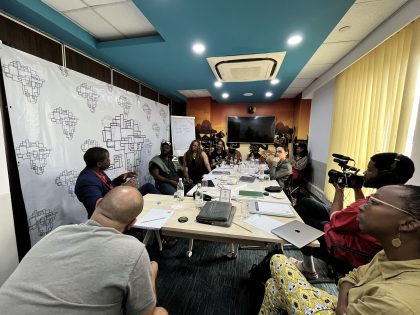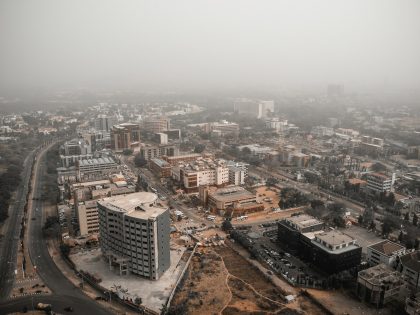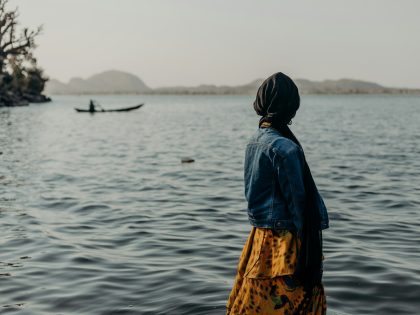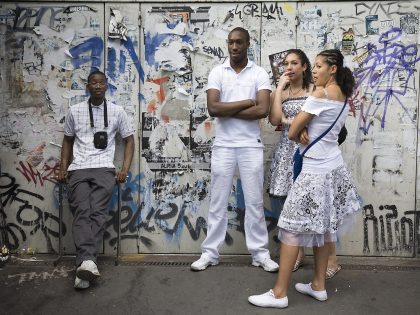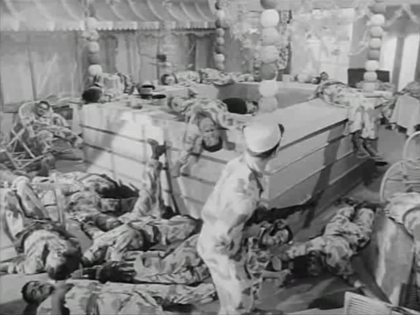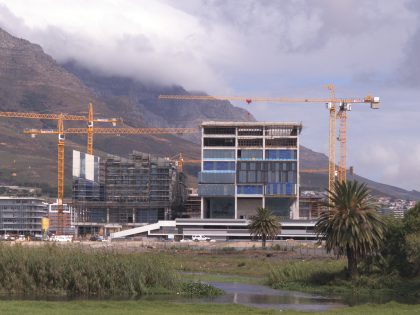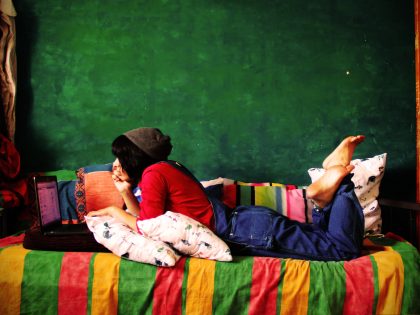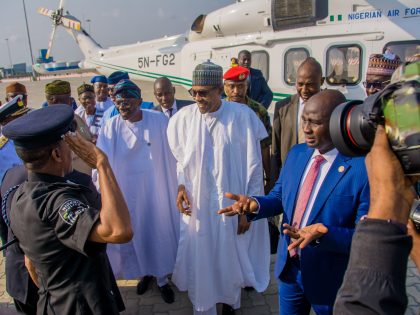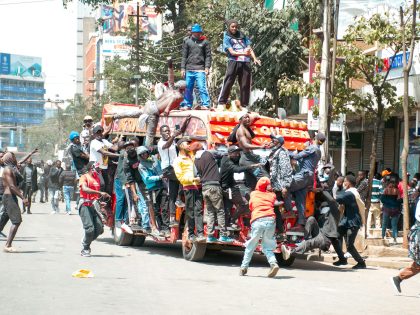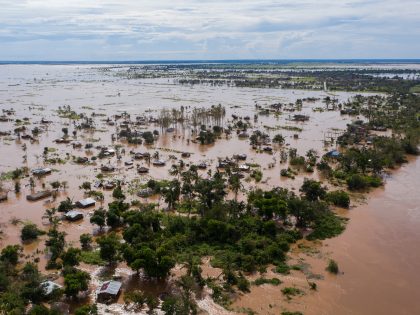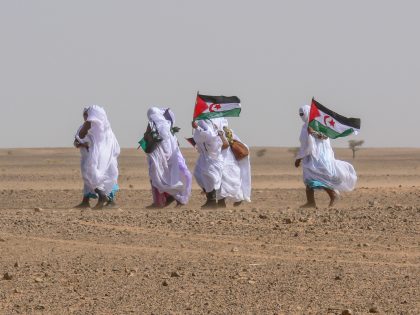Like a bad joke
Israel's arms exports to African countries has more than doubled in the last four years: African countries spent $223m on Israeli arms in 2013 compared to $107m in 2012.

Counter-terrorism exercise in Hebron. Image credit the Israel Defense Forces via Flickr (CC).
Despite an overall drastic decline in Israeli arms exports, trade with Africa had reached a four-year record, Haaretz reported on Tuesday. Interestingly, African countries spent $223 million on Israeli arms in 2013 compared to $107 million in 2012. The report that was given to Haaretz by the Israeli Defence Ministry doesn’t detail specific countries so there is no official comprehensive information on which country imported how much and what. Despite past demands and petitions Israel refuses to reveal the full list of the countries it sells arms to. As Haaretz reported in January 2014, when ordered by an Israeli court, Israel’s Defence Ministry would only reveal that it had sold arms in 2011-12 to the United States, Spain, Kenya, Britain and South Korea, “but its other customers can’t be named.” As Haaretz pointed out at the time, this was “like a bad joke. First, the ministry itself boasts of the great achievements of Israel’s defense industry and the billions of dollars of business it does worldwide. Second, every international defense journal or website reports at length on the deals of Israel’s defense companies.”
In addition, a 2013 British government report was very detailed about Israel’s customer list:
The British report, covering the years 2008-12, listed India, Singapore, Turkey, Vietnam, South Korea, Japan, Sweden, Portugal, United States, Canada, Australia, New Zealand, Colombia, Holland, Italy, Germany, Spain, Thailand, Macedonia, Belgium, Brazil, Chile, Switzerland, Ecuador, Mexico, Finland, Ireland, Luxembourg, Equatorial Guinea, Poland, Argentina and Egypt as Israeli customers. Even countries that have no official relations with Israel appeared on the list: Pakistan, Algeria, the United Arab Emirates and Morocco. The report also said Britain refused to approve components for products destined for Russia, Sri Lanka, Turkmenistan and Azerbaijan. In total, that’s 41 countries, and there are others not listed in the British report.
In June, Israel’s foreign minister Avigdor Lieberman toured West and East Africa in Cote d’Ivoire he was crowned an honorary chief), accompanied by 50 executives. The delegation visited Ivory Coast, Ghana, Ethiopia, Ruanda and Kenya. Among the delegates were representatives of Israel Aerospace Industries, Israel Military Industries, and the defence electronics firm Elbit Systems, Israel’s leading defence contractor, which provides arms and services to the IDF in hundreds of millions of dollars.
In April 2013 it was announced that Elbit had won a $40 million contract to provide an anonymous African country with “intelligence analysis and cyber defence.”
